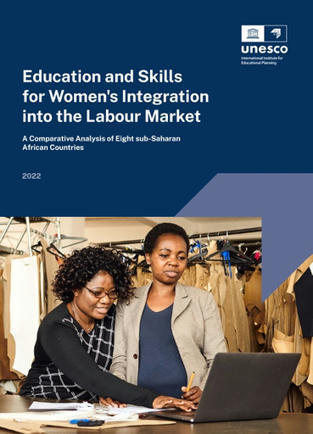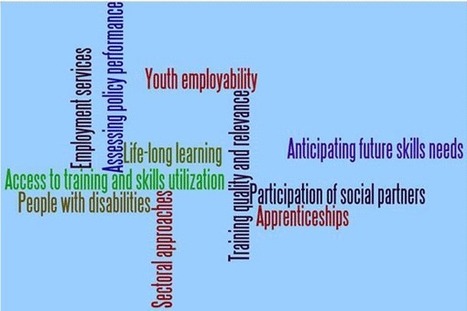This paper seeks to shed light on the current challenges faced by eight selected sub-Saharan African countries, namely Burkina Faso, Chad, Mali, Mauritania, Mozambique, Niger, Nigeria, and Sierra Leone, in achieving the integration of women into the labour market through education and training.
This paper aims to present a diag-nosis of women’s situation in terms of their integration into the labour market. It will focus mainly on the role played by educa-tion and training in attaining gender parity and identify practices that will potentially address the marginalization of women in the labour market.Abstract
Research and publish the best content.
Get Started for FREE
Sign up with Facebook Sign up with X
I don't have a Facebook or a X account
Already have an account: Login
Compilation of information related to vocational training in English
 Your new post is loading... Your new post is loading...
 Your new post is loading... Your new post is loading...
No comment yet.
Sign up to comment
|
|













